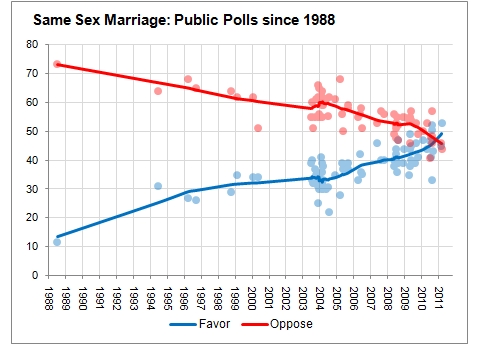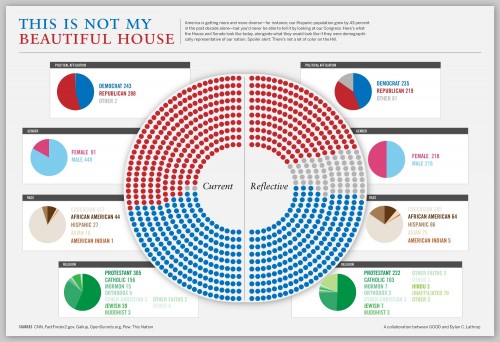
Discussing media attention to Donald Trump, Jay Smooth (Ill Doctrine) describes what sociologists call agenda setting. The phrase refers to the media’s ability to shape what we think about (and what we don’t think about), if not what to think about it. That is, the media can’t necessarily tell us what to think, but it can certainly keep some issues on-the-agenda while leaving others invisible to us.
In this case, Smooth points out, the media’s coverage of Trump led to public interest in him; that public interest waned as soon as Trump was out of the news.
See also Agenda Setting and Obama’s Socialist Leanings and Media Reaction to Janet Jackson’s “Wardrobe Malfunction.”
Lisa Wade, PhD is an Associate Professor at Tulane University. She is the author of American Hookup, a book about college sexual culture; a textbook about gender; and a forthcoming introductory text: Terrible Magnificent Sociology. You can follow her on Twitter and Instagram.









